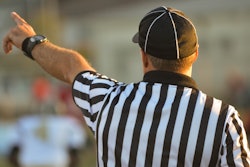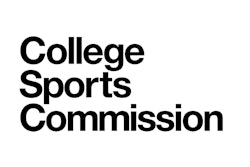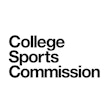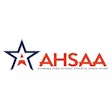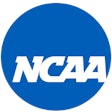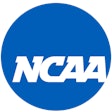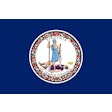
New federal regulations released today will prevent colleges and coaches from suspending athletes while school officials investigate allegations of sexual misconduct made against them.
According to ESPN investigative reporter Paula Lavigne, the due process provision is one of several outlined in the U.S. Department of Education's final version of regulations governing how K-12 schools, colleges and universities respond to complaints of sexual harassment and violence under Title IX. The regulations, a draft version of which the Biden administration proposed in June 2022, are scheduled to go into effect Aug. 1.
Today's release did not include provisions regarding the eligibility of transgender athletes, which had been included in an earlier Department of Education proposal, Lavigne reported. Officials separated that issue from the broader Title IX rules and those regulations are not expected until after November's presidential election. When asked during a call with reporters Thursday whether the delay was politically motivated, a senior administration official said those rules have a separate process, which is several months behind.
"The due process provision was originally adopted in 2020 under the Trump administration by former Education Secretary Betsy DeVos," Lavigne wrote. "While it has been championed by male athletes facing accusations and organizations advocating for stronger due process protections, it has been decried and criticized by survivors and their supporters for intimidating those who report violations and putting other students at risk."
The senior Biden administration official said Thursday that to remove a student from an athletic team, or any activity, before a finding of responsibility is an unfair burden on that student.
The provision has been an issue in several recent cases involving athletes, Levigne reported, pointing out University of Illinois basketball player Terrance Shannon Jr., who sued the school in January on the grounds that officials made a rushed and unfair decision to suspend him after his Dec. 28 arrest in Lawrence, Kan., where he was charged with rape.
In the lawsuit, Shannon's attorneys cited the provision in DeVos' regulations that states a school "may not suspend or remove the accused from an education program or activity pending a determination of responsibility at the conclusion of a grievance process," unless school officials determine that he poses an immediate threat of health or safety, which the lawsuit states did not occur, Lavigne reported.
Shannon dropped the suit, but a criminal investigation is ongoing.
Per Lavigne's reporting:
The new Department of Education regulations also address what has been a conflict among Title IX administrators at many universities, especially for high-profile athlete cases: what to do when they are trying to investigate a complaint of sexual assault at the same time as law enforcement, especially when police or prosecutors ask them to hold off.
Education department officials have noticed this problem as well, the senior administration official said Thursday, noting that the final rule emphasizes the need for a "prompt" process even while a criminal justice process is pending. The official added that while some aspects of the case may need to be paused, not all of them should be put on hold and not indefinitely.
The final rule undoes several DeVos administration regulations, including expanding the scope of what schools must investigate. It also changes a controversial rule directing schools to conduct live hearings with cross-examination, instead allowing colleges and universities to have investigators question parties individually or during a live hearing in which each party can submit questions to be asked.
It also instructs schools to return to the "preponderance of evidence" standard — also known as the 51% threshold — to determine whether evidence supports a finding of misconduct. The previous rule allowed universities to use the higher "clear and convincing" standard without condition, which the Biden administration says the school can use only if it is also applied in other proceedings.



















